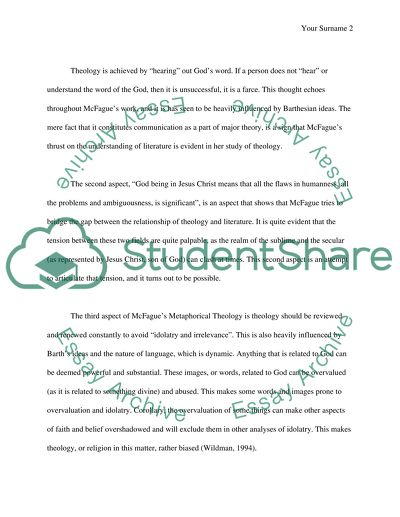Cite this document
(“Is God the Father a Model or an Idol Research Paper”, n.d.)
Retrieved from https://studentshare.org/religion-and-theology/1589658-is-god-the-father-a-model-or-an-idol-according-to-sallie-mcfague
Retrieved from https://studentshare.org/religion-and-theology/1589658-is-god-the-father-a-model-or-an-idol-according-to-sallie-mcfague
(Is God the Father a Model or an Idol Research Paper)
https://studentshare.org/religion-and-theology/1589658-is-god-the-father-a-model-or-an-idol-according-to-sallie-mcfague.
https://studentshare.org/religion-and-theology/1589658-is-god-the-father-a-model-or-an-idol-according-to-sallie-mcfague.
“Is God the Father a Model or an Idol Research Paper”, n.d. https://studentshare.org/religion-and-theology/1589658-is-god-the-father-a-model-or-an-idol-according-to-sallie-mcfague.


